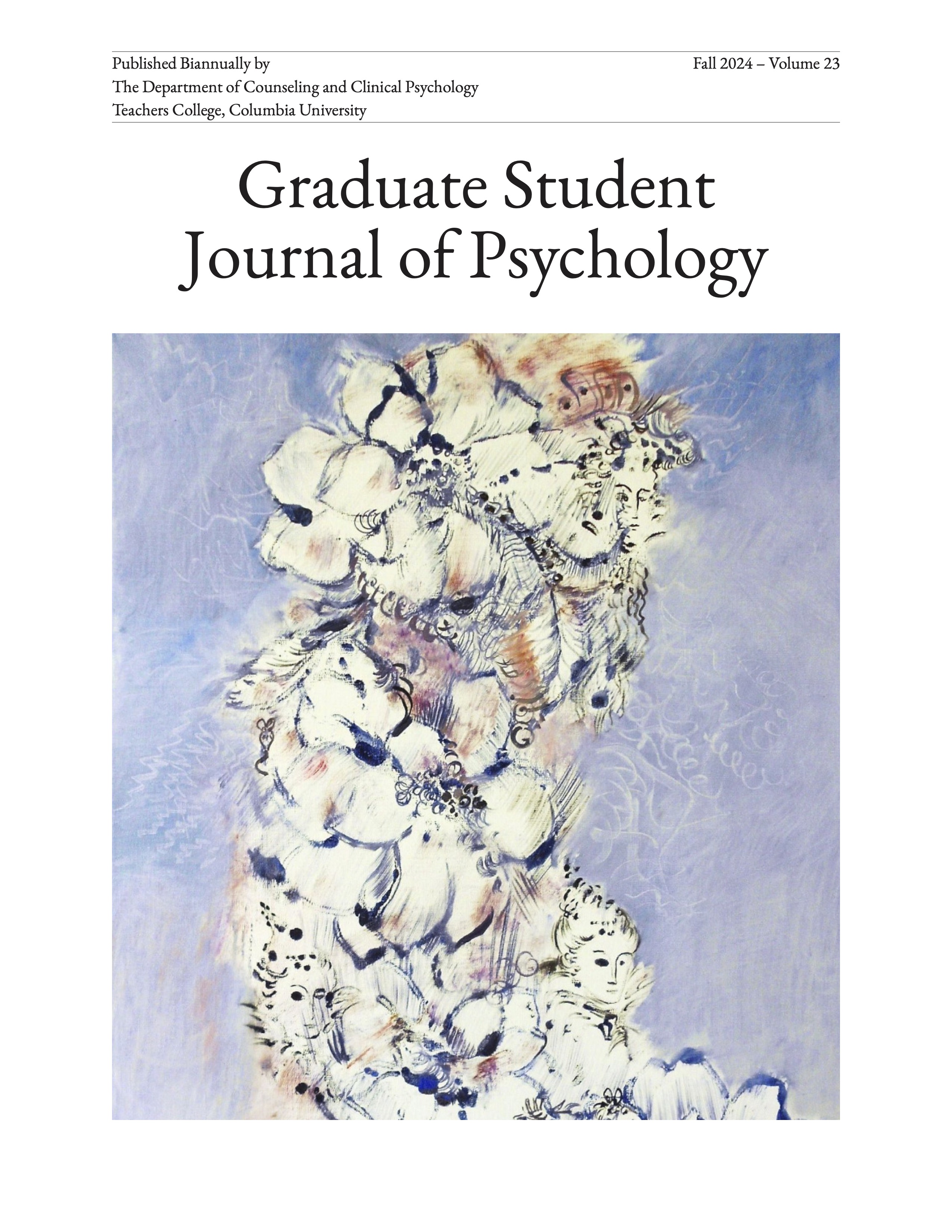Exploring the Relationship between Gendered Racism, Identity Centrality, and Binge-Eating Symptoms Among Black Women
Main Article Content
Abstract
Black women often must confront experiences of gendered racism, the intersection of racism and sexism. Subsequently, they adopt coping mechanisms in response, such as avoidance, spirituality, and disordered eating behaviors. The researchers focused on binge eating, defined as eating a large amount of food within a relatively short period; it is often accompanied by feelings of distress and a loss of control when eating. Given the high prevalence of binge eating among Black women, it is important to explore the psychosocial risk factors that may contribute to binge eating among Black women. To gain a deeper understanding of the relationship between gendered racism, identity centrality, and binge eating, the researchers employed intersectionality theory as their framework. In the current study, the researchers sought to understand how the relationship between gendered racism and binge eating was moderated by gendered racial identity centrality, the degree to which Black women view their race and gender as integral to their identity. Participants were 281 Black women from 18-35 who completed an online survey via Qualtrics. The moderation results indicated that for participants who had low or medium levels of identity centrality, more experiences with gendered racism were associated with higher levels of binge eating. Conversely, when participants’ identity centrality was high, there was a non-significant influence on the relationship between gendered racism and binge eating behaviors. Healthcare providers need to understand better the unique experiences of Black women and the factors influencing their disordered eating to implement effective interventions for this marginalized group.
Article Details

This work is licensed under a Creative Commons Attribution-NonCommercial 4.0 International License.

